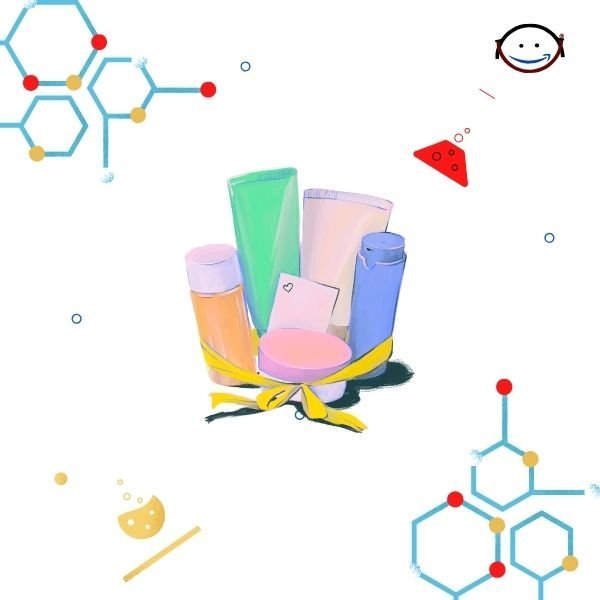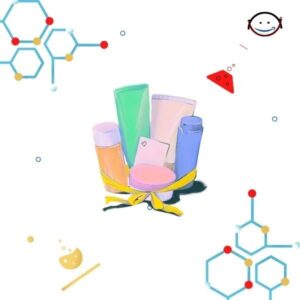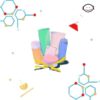Cardipin5 mg
₦247.50 Save:₦28.00(10%)
Cardipin 5 mgCardipin 5 mg is a calcium channel blocker and may be used alone or in combination with other antihypertensive and antianginal agents for the treatment of Hypertension and Coronary Artery Disease (such as Chronic Stable Angina, Vasospastic Angina and Angiographically Documented Coronary Artery Disease in patients without heart failure or an ejection fraction 1.0% are headache, fatigue, nausea, abdominal pain and somnolence.Pregnancy & LactationPregnancy Category C. There are no adequate and well-controlled studies of Cardipin 5 mg in pregnant women. Cardipin 5 mg should be used during pregnancy only if the potential benefit justifies the potential risk to the fetus. It is not known whether Cardipin 5 mg is excreted in human milk. In the absence of this information, it is recommended that nursing be discontinued while Cardipin 5 mg is administered.Precautions & WarningsSymptomatic hypotension is possible, particularly in patients with severe aortic stenosis. However, because of the gradual onset of action, acute hypotension is unlikely. Worsening angina and acute myocardial infarction can develop after starting or increasing the dose of Cardipin 5 mg, particularly in patients with severe obstructive coronary artery disease. Titrate slowly when administering calcium channel blockers to patients with severe hepatic impairment.Overdose Effects of Cardipin 5 mgIn humans, experience with intentional overdose is limited.Symptoms: Available data suggest that large overdosage could result in excessive peripheral vasodilatation and possibly reflex tachycardia. Marked and probably prolonged systemic hypotension up to and including shock with fatal outcome have been reported.Management: Clinically significant hypotension due to Cardipin 5 mg overdosage calls for active cardiovascular support including frequent monitoring of cardiac and respiratory function, elevation of extremities, and attention to circulating fluid volume and urine output.?A vasoconstrictor may be helpful in restoring vascular tone and blood pressure, provided that there is no contraindication to its use. Intravenous calcium gluconate may be beneficial in reversing the effects of calcium channel blockade. Gastric lavage may be worthwhile in some cases. In healthy volunteers the use of charcoal up to 2 hours after administration of Cardipin 5 mg 10 mg has been shown to reduce the absorption rate of Cardipin 5 mg. Since Cardipin 5 mg is highly protein-bound, dialysis is not likely to be of benefit.Storage Conditionskeep in a dry place away from light and heat. Keep out of the reach of children.Use In Special PopulationsChildren with hypertension from 6 years to 17 years of age: 2.5 mg once daily as a starting dose, up-titrated to 5 mg once daily if blood pressure goal is not achieved after 4 weeks. Doses in excess of 5 mg daily have not been studied in pediatric patients.Children under 6 years old: ?The effect of Cardipin 5 mg on blood pressure in patients less than 6 years of age is not known.Elderly: Cardipin 5 mg used at similar doses in elderly or younger patients is equally well tolerated. Normal dosage regimens are recommended in the elderly, but increase of the dosage should take place with care.Renal impairment: Changes in Cardipin 5 mg plasma concentrations are not correlated with degree of renal impairment, therefore the normal dosage is recommended. Cardipin 5 mg is not dialysable.Hepatic impairment: Dosage recommendations have not been established in patients with mild to moderate hepatic impairment; therefore dose selection should be cautions and should start at the lower end of the dosing range. The pharmacokinetics of Cardipin 5 mg have not been studied in severe hepatic impairment. Cardipin 5 mg should be initiated at the lowest dose (2.5 mg once daily) and titrated slowly in patients with severe hepatic impairment.


 No products in the cart.
No products in the cart. 
Reviews
There are no reviews yet.